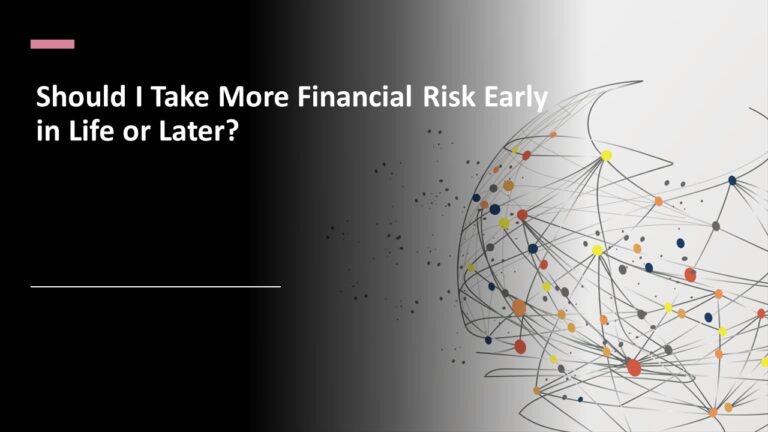When it comes to investing, the approach one takes can be compared to the styles of successful batsmen in cricket. Some batsmen are aggressive from the start (e.g. Virender Sehwag) while others build their innings before accelerating (e.g. Virat Kohli). Both approaches can lead to success, and both types of batsmen may have similar long-term averages. However, there are some key differences to consider.
Suppose there are two batsmen with an average of 50 runs over 20 matches. A batsman who takes an aggressive approach may have 10 high scores and 10 low scores, giving him an average of 50. He will only be selected to play if he has good scores in the early matches. If he happens to have 5 or more low scores in the first few matches, he may not be selected to play further.
On the other hand, a conservative batsman with an average of 50 over 20 innings may have a score distribution like this: 2-3 low scores, 2-3 high scores, 4-5 moderate scores, and 4-5 good scores. The chances of this batsman being dropped due to a string of low scores in the first few matches are lower.
Both batsmen have similar averages in the end, but the conservative batsman is less dependent on luck and has a higher chance of achieving his average score. Moreover, once he has established his position in the team, he can become more aggressive.
Investing is similar. If a person takes high risks over a long period of time, the odds may even out, and the person may end up with a decent average return. However, this also means that the person should not get discouraged by initial losses and must keep trying. For some, this can be difficult, as they may expect immediate success. The second option of being conservative in the early days has better odds of keeping the person interested in investing and achieving the average returns.
It’s important to note that both approaches will result in average returns. The choice of approach is mostly about understanding oneself and one’s ability to handle poor outcomes in the initial stages. Most young people are still figuring out their preferences, and for them, being conservative early may be the safer option.
